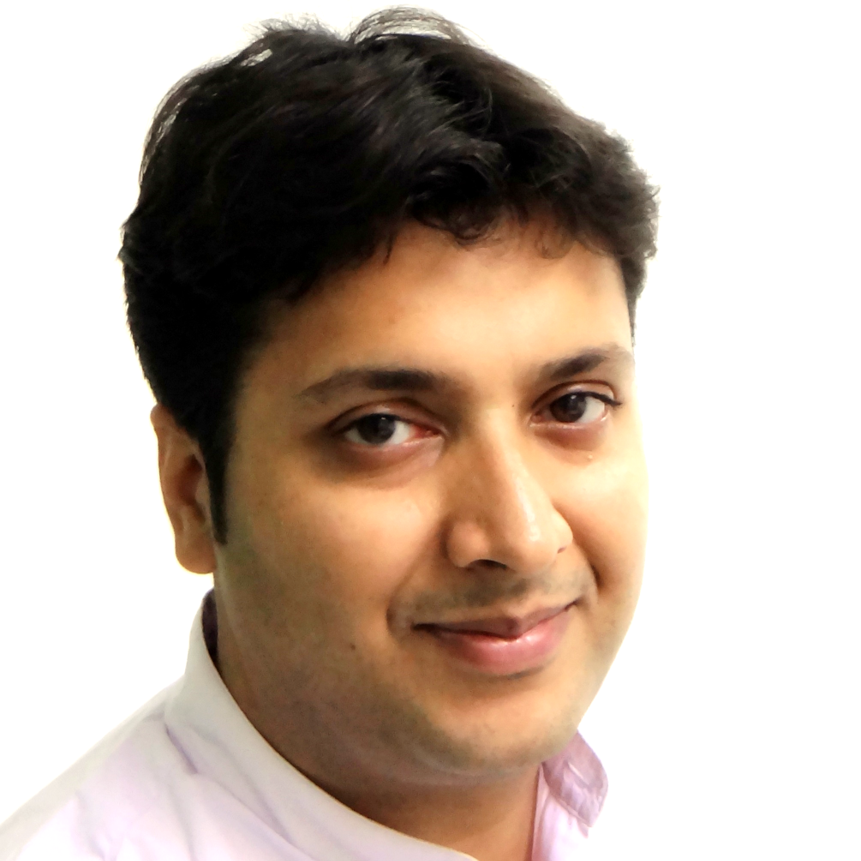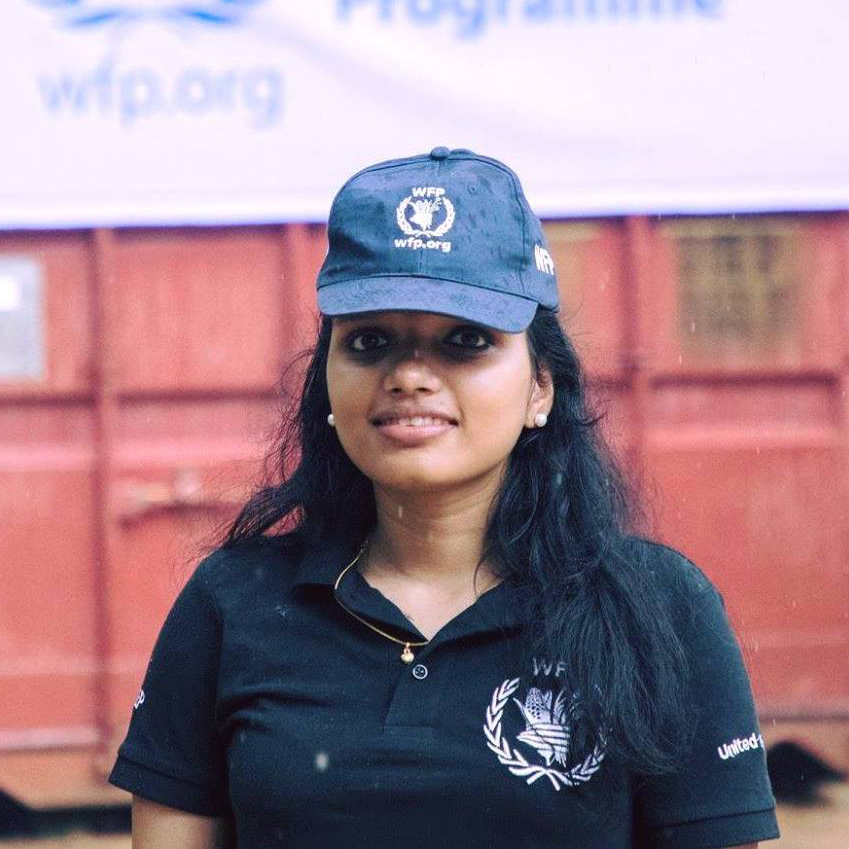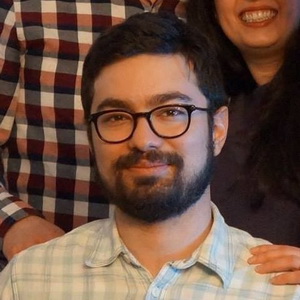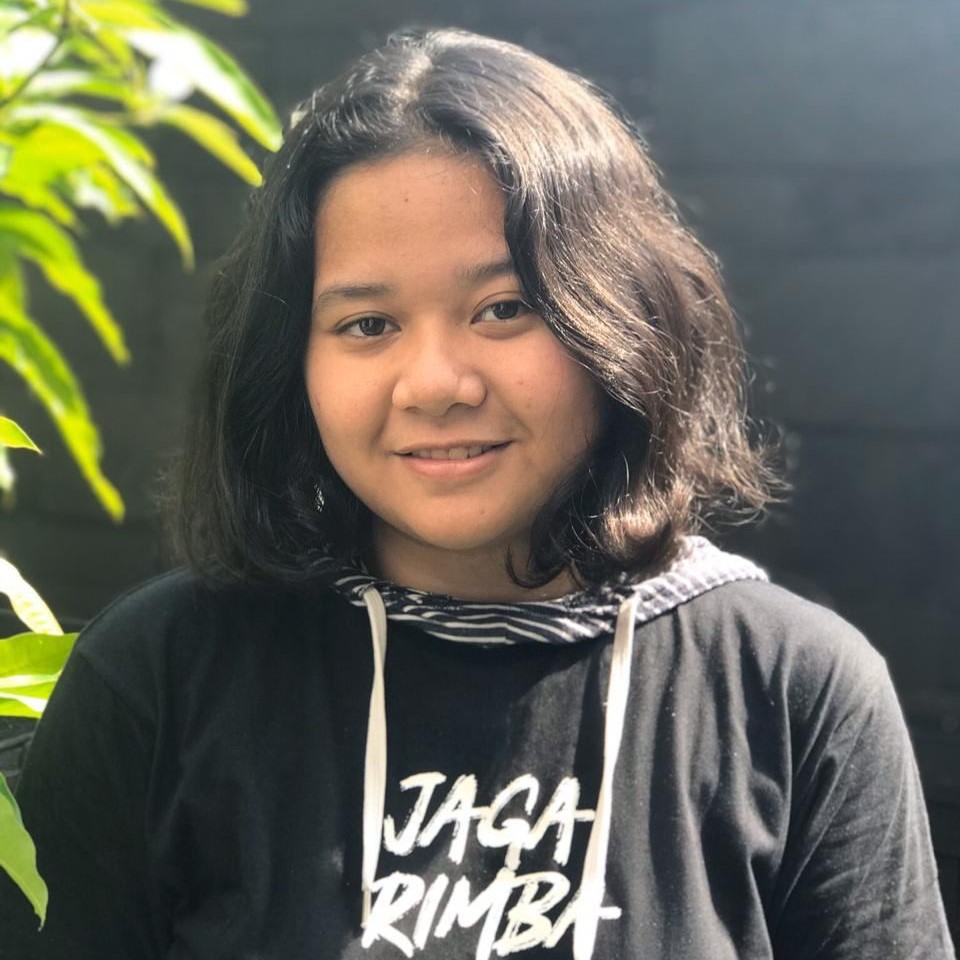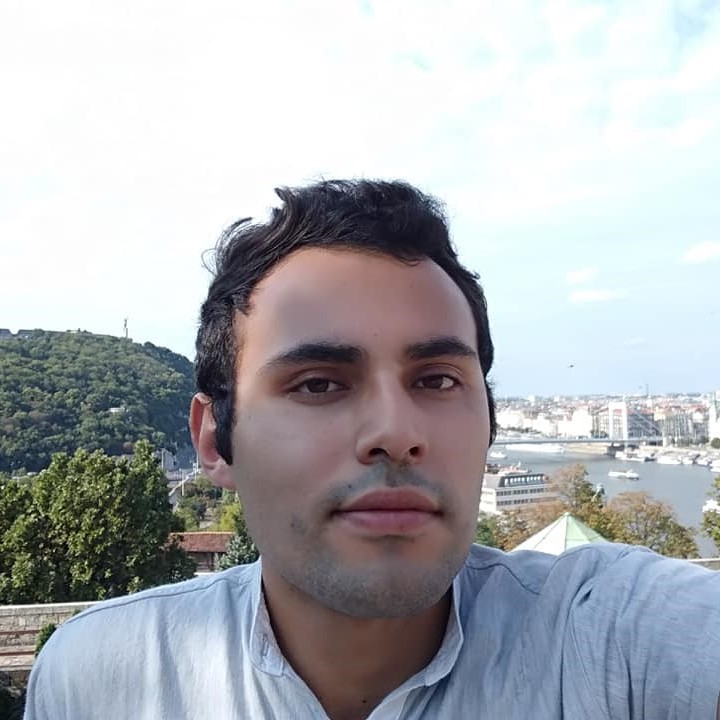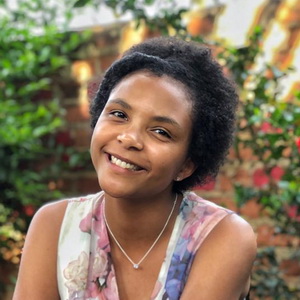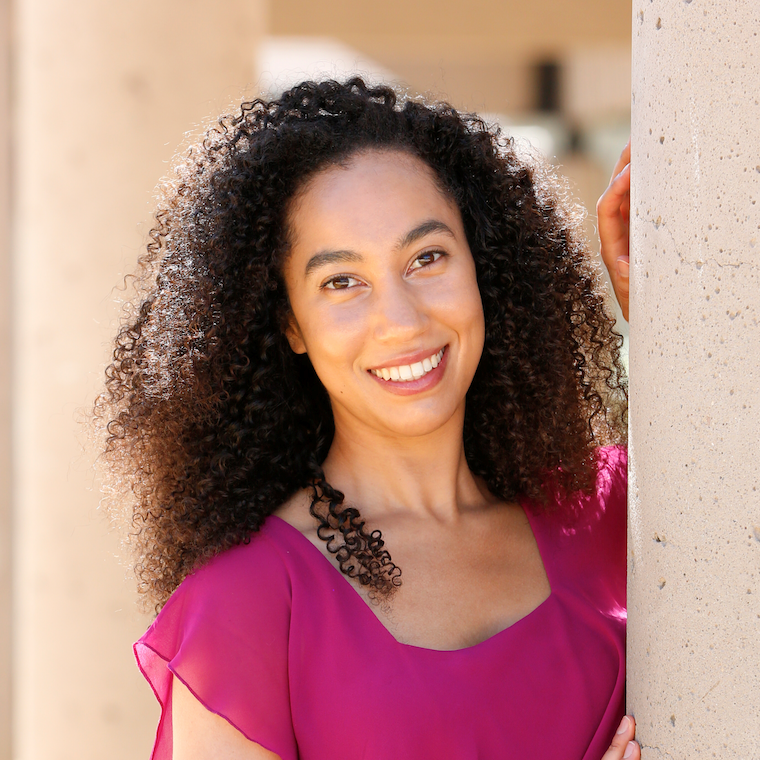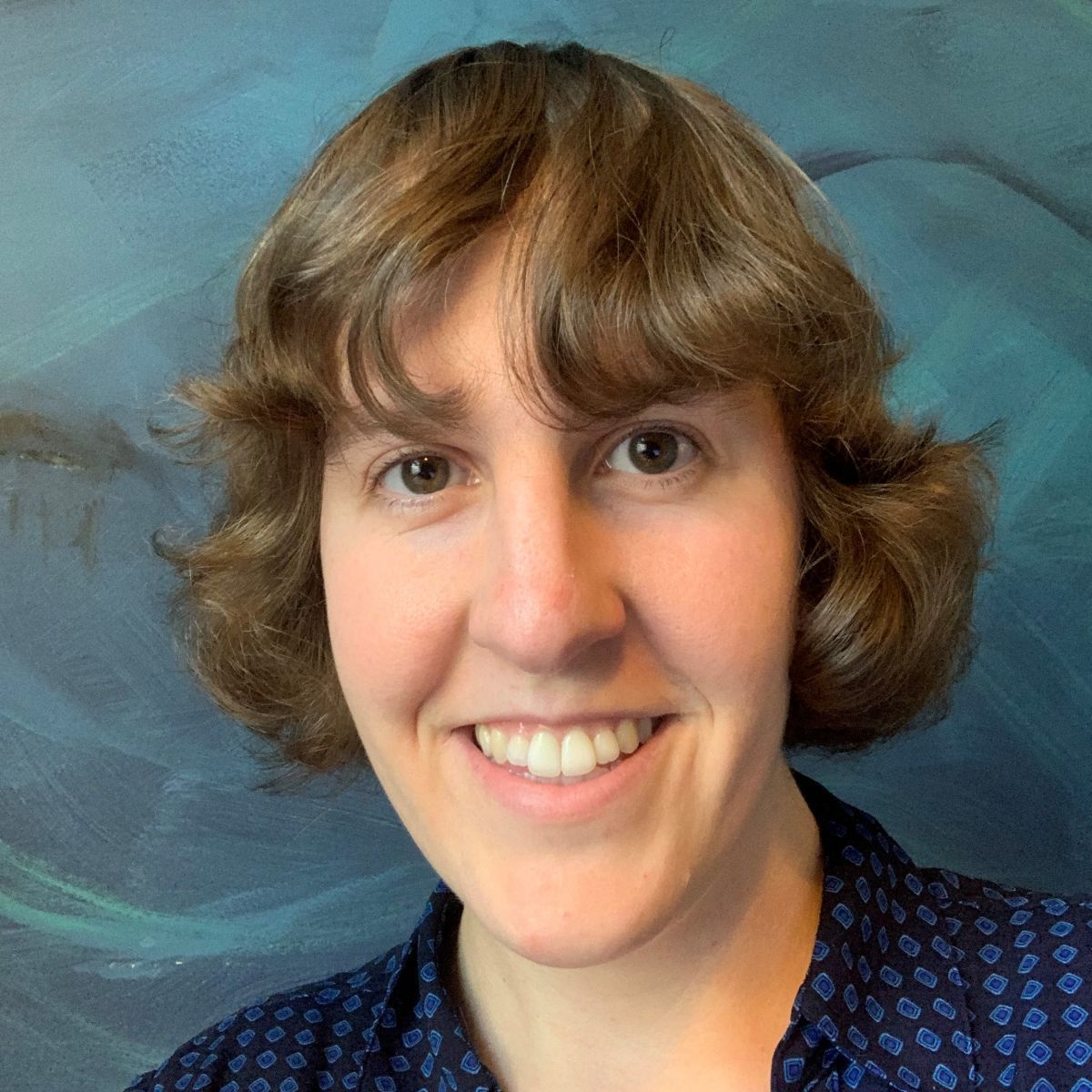Non riusciamo a respirare: Storia di una fuga dall'inquinamento
Abbiamo perso il diritto di respirare aria pulita. Dobbiamo cambiare tutte le fasi del ciclo prendi-produci-consuma per essere in grado di costruire città prospere e fiorenti.
India, Southern Asia
Story by Piyush Dhawan. Translated by Stefania Ledda
Published on May 9, 2021.
This story is also available in 


Listen to this story:
Fai un respiro profondo e trattienilo per i prossimi sette mesi perché da settembre tutti noi abitanti di Nuova Delhi rivivremo l’incubo che abbiamo vissuto negli ultimi cinque anni.
Naso che cola, occhi che prudono, gola irritata e polmoni che opprimono: l’aria è così soffocante e tossica che facciamo grande fatica semplicemente a respirare!
I governi faranno da scaricabarile l’uno con l’altro come ogni anno. Saranno pubblicati rapporti contenenti dati allarmanti su come noi cittadini moriremo prematuramente dieci anni prima. Vedremo le pubblicità dei purificatori d’aria. Pensate, le sole due cose di cui gli essere umani hanno bisogno per sopravvivere - aria e acqua - adesso sono vendute in contenitori.
Sono nato in questa città e mi uccide vederla morire! Lentamente, ogni giorno. Ultimamente abbiamo visto moltissimi concittadini brillanti e altamente qualificati lasciare Nuova Delhi alla ricerca di una migliore qualità dell’aria.
Ci chiamano i migranti dell’inquinamento! Non abbiamo scelta, se non quella di lasciare la nostra città.
Dieci delle quindici città più inquinate al mondo si trovano in India, così come le dieci in più rapida crescita.
L’economista che è in me pensa che questa sia una cosa eccezionale - saremo la centrale elettrica del pianeta - ma la mia parte ambientalista rimane scettica.
Pur trovandosi solamente sull’1% di tutta la massa continentale globale, le città sono casa per di danno una casa a più della metà della popolazione mondiale, e producono l’85% del PIL globale. Hanno grande fame energetica per poter riuscire a provvedere alla popolazione e a generare un PIL così alto. Esse consumano il 75% delle risorse naturali, producono il 50% dei rifiuti mondiali e il 70% delle emissioni di gas serra.
Sono stato ispirato da un TED Talk di Dame Ellen MacArthur che, dopo aver vissuto da sola sul suo yacht per più di due mesi, fu tormentata da questa domanda: come può il nostro pianeta continuare a funzionare continuando a mantenere lo stesso modello economico utilizzato negli ultimi due secoli? La MacArthur si è chiesta: e se oltre a proteggere l’ambiente, lo migliorassimo in maniera proattiva? Dopo aver ascoltato il suo discorso, ho riflettuto per settimane: cosa succederebbe se le nostre risorse si esaurissero? Ed ecco un’illuminazione! Iniziai a vedere le città come tesori segreti pieni di risorse! Dagli edifici agli scarti elettronici, siamo circondati da valore.
Immagino città autosufficienti capaci di soddisfare le proprie esigenze materiali, riducendo il consumo delle risorse naturali e la produzione di scarti. Vedo città piene di spazi verdi, che forniscono riparo alle persone e ad altre specie. Vedo città socialmente inclusive che lavorano grazie alla forza di milioni di migranti che vi arrivano.
Credo fermamente che l’attuale sistema non funzioni più né per le imprese né per le persone o l’ambiente. Per decenni l’India è stata in competizione con la Cina in una gara per la crescita economica! La difficoltà di tale sfida sta nel fatto che ci sono più perdenti che vincitori. Abbiamo perso il diritto di respirare aria fresca e bere acqua pulita. Abbiamo perso la nostra biodiversità locale. La disparità tra ricchi e poveri è ai suoi più alti livelli. In questo momento critico dobbiamo decidere se continuare ciecamente a credere alla favola della crescita o abbracciare una visione che sia equa e inclusiva!
Il 70% degli edifici che si pensava di costruire in India entro il 2030 sono ancora da costruire. Immaginate invece di riuscire a trasformare il modo in cui gestiamo e utilizziamo l’enorme quantità di risorse di cui abbiamo bisogno per soddisfare i bisogni dei cittadini del futuro. Possiamo integrare il cambiamento climatico e le migrazioni e affrontare le cause della povertà e dell’insicurezza alimentare. Migrare dovrebbe essere una scelta. Inoltre, potremmo creare un’economia fiorente di cui tutti possano godere nei limiti del nostro pianeta. Abbiamo il diritto di respirare aria pulita. Quindi, costruiamo città che riconoscano questo diritto fondamentale dell’essere umano.
How does this story make you feel?
Follow-up
Do you have any questions after reading this story? Do you want to follow-up on what you've just read? Get in touch with our team to learn more! Send an email to [email protected].
Talk about this Story
Please enable cookies to view the comments powered by Disqus.
Subscribe to our Monthly Newsletter
Stay up to date with new stories on Correspondents of the World by subscribing to our monthly newsletter:
Other Stories in Italiano
Explore other Topics
Get involved
At Correspondents of the World, we want to contribute to a better understanding of one another in a world that seems to get smaller by the day - but somehow neglects to bring people closer together as well. We think that one of the most frequent reasons for misunderstanding and unnecessarily heated debates is that we don't really understand how each of us is affected differently by global issues.
Our aim is to change that with every personal story we share.
Community Worldwide
Correspondents of the World is not just this website, but also a great community of people from all over the world. While face-to-face meetings are difficult at the moment, our Facebook Community Group is THE place to be to meet other people invested in Correspondents of the World. We are currently running a series of online-tea talks to get to know each other better.











